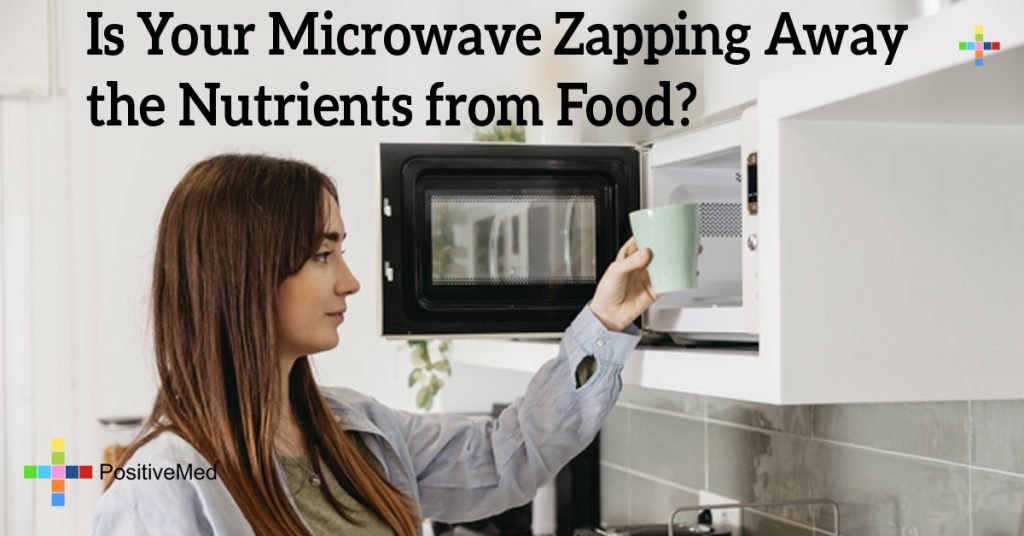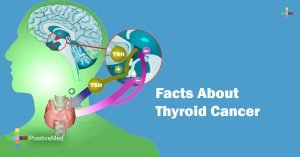
Is Your Microwave Zapping Away the Nutrients from Food?
By PositiveMed-Team
Edited By: Stephanie Dawson
Its difficult to imagine days without using the microwave in today’s fast-paced world. Almost everyone is in a hurry and often use the microwave to save time. Many of us use it at least once a day as cooking in the microwave is faster and easier.
Questions arise sometimes regarding the effects of microwave cooking on food. At times you may compare it with traditional cooking to see the difference in the nutritional value of food cooked by these two different methods.
Regarding nutrition loss:
We get important vitamins, minerals, and antioxidants like vitamins B, C, and D, potassium, calcium, iron, and magnesium from the vegetables we eat, all of these help us to stay healthy and fight various diseases.
A large amount of sulfur-containing compounds are present in cruciferous vegetables like broccoli, cauliflower, and cabbage, these compounds are helpful in fighting against cancer.

There has been concern about the possibility of nutrients being depleted by the use of microwaves to cook food, we could be at high risk for various diseases if we do not get the nutrition from vegetables.
Credible sources such as the American Cancer Society and European Food Information Council believe that microwaves are a nutritious way to cook. According to them, water molecules in food are vibrated by microwaves which is how they achieve fast cooking and in most cases the less time food is exposed to heat, the higher the nutrient levels. If you consider tea, only water is microwaved and the tea bag is added later, there could be no adverse affect on the nutrients.
>How big is the nutrient loss, if there is any?
Loss of nutrients can happen if you heat food. Certain components of food get broken down which leads to changes in chemical makeup when food is exposed to heat. This can result in a decrease in their concentration or in their availability to your body for nutrients. Water-soluble vitamins like vitamins B, C, and folic acids are most sensitive to heat.
Studies show that nutritional values of vegetables tend to decrease by all ways of cooking, boiling, steaming, microwaving, and stir-frying and its highest if foods are unprocessed.
A study showed that vitamin C content of any food is decreased 20% to 40% when cooked in the microwave as compared to raw. The good news for microwave users is that its not the worst cooking option, boiling and stir-frying cause the greatest nutritional loss as larger amounts of water are typically used and vitamins are leached out.
The Bottom Line
The nutritional content in food is affected more by factors like cooking time, temperature, and amount of water much more than the method of cooking.
Microwaving may be the best option as the time taken by it to cook food is less, which means your food does not get exposed to heat for long, causing minimal nutritional loss.





